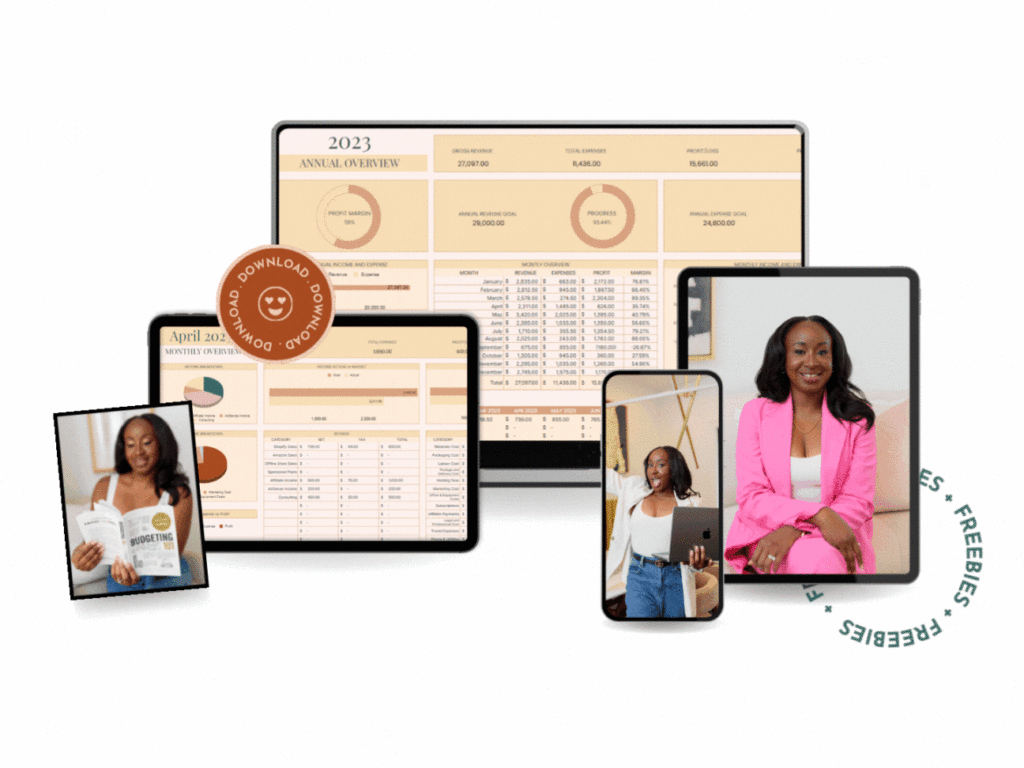How to Adjust Your Financial Plan After Tax Season
As the dust settles from another tax season, many individuals and businesses in Rockville, MD, are left considering how the outcome of their tax returns might influence their financial strategies for the upcoming year. Whether you received a sizable tax refund or found yourself owing a bit more than expected, the period following tax season is critical for adjusting your financial plan.
As a trusted Rockville MD CPA and one of the leading accounting firms in Rockville, MD, we’re here to guide you through reevaluating your financial strategies to ensure a more prosperous and financially stable future.

Step 1: In-Depth Analysis of Your Tax Return
Understanding the outcome of your tax return is crucial for financial planning. Take a deep dive into your tax documents to understand your financial health better:
Evaluate Withholdings
Review whether the taxes withheld from your salary or estimated payments align with your actual tax liability. Adjusting your withholdings can improve your monthly cash flow, giving you more flexibility to manage or invest your money throughout the year.
Manage Tax Payments
If you owe money, consider adjusting your estimated tax payments to better manage future tax liabilities. This proactive step can help prevent future financial strain during the next tax season.

Step 2: Effective Utilization of Tax Refunds
A tax refund provides a unique opportunity to improve your financial situation. Consider the following strategies to use your refund effectively:
Debt Reduction Strategies
Apply your refund towards high-interest debts such as credit card balances or loans. Prioritizing debt reduction can significantly reduce the amount of interest paid over time, freeing up additional resources for future financial endeavors.
Investment Opportunities
Increasing contributions to retirement accounts or investing in a diversified portfolio can enhance your financial growth, leveraging the power of compound interest.
Emergency Fund Establishment
Building or augmenting an emergency fund is essential for financial security. Aim for a fund that covers 3-6 months of living expenses to protect against unforeseen financial hardships.

Step 3: Revise Your Financial Goals and Budgets
Reflect on your current financial goals and consider any adjustments that might be necessary to stay on track:
Goal Alignment
Ensure your financial goals are still aligned with your personal and professional aspirations. Life changes such as marriage, children, or career shifts may necessitate a reassessment of your financial plans.
Budget Reevaluation
Regularly updating your budget is crucial to accommodate changes in income, living expenses, or financial objectives. This continuous process helps avoid overspending and ensures funds are allocated towards achieving your financial goals.

Step 4: Proactive Financial Planning for the Next Tax Year
Setting yourself up for success in the next tax season involves several proactive steps:
Maintaining Organized Records
Keep accurate and detailed records of all income, deductions, and credits throughout the year. This not only simplifies the tax filing process but also ensures you maximize your eligible tax benefits.
Quarterly Review of Financial Status
Regularly checking in on your financial status allows you to adjust as needed and prevents end-of-year surprises. Consider scheduling quarterly reviews with your CPA to discuss any significant changes or updates.
Advanced Tax Planning
Engage with tax professionals to explore strategies for minimizing your tax liabilities. This might include the timing of charitable donations, investments, or other financial decisions that can influence your tax obligations.

Introducing Our Easy Biz Bookkeeping Template
Enhance your financial management with our Easy Biz Bookkeeping Template. This tool simplifies the bookkeeping process, making it accessible even for those without a financial background:
- Template Features: Designed for ease of use, the template includes automated calculations and customizable categories to match your specific financial tracking needs.
- Benefits for Users: By using the template, you can ensure accurate record-keeping, which is essential for effective financial planning and tax preparation.
FAQ: Adjusting Your Financial Plan After Tax Season
How often should I adjust my tax withholdings?
It’s wise to review your tax withholdings annually or whenever there is a significant change in your financial situation, such as a change in income, marital status, or the addition of a dependent. This ensures that the amount withheld from your paycheck aligns closely with your actual tax liability, preventing overpayment or underpayment.
What should I do if I consistently owe money during tax season?
If you find yourself consistently owing money, consider increasing your withholdings or making quarterly estimated tax payments. Consulting with a CPA can help you determine the best strategies based on your income sources and financial situation to avoid surprises and penalties. Need help? Contact our team today!
How can I use my tax refund most effectively?
Using your tax refund effectively depends on your personal and financial goals. Prioritize paying down high-interest debt, saving for future goals such as retirement or education, or investing in opportunities that can offer long-term growth. Always consider your current financial needs and long-term aspirations.
What are some strategies for better financial planning throughout the year?
Effective financial planning involves regular budget reviews, setting aside money for taxes if you’re self-employed, maintaining an emergency fund, and using financial tools like our Easy Biz Bookkeeping Template to keep track of expenses and income. Additionally, quarterly meetings with a financial advisor can help adjust your plan as needed.
How can the Easy Biz Bookkeeping Template help me with my financial planning?
The Easy Biz Bookkeeping Template is designed to simplify the recording and monitoring of financial transactions. It helps ensure accuracy in your financial records, provides insights into your financial health, and aids in efficient tax preparation. It’s especially useful for small business owners looking to maintain organized financial records with minimal effort.
What are the benefits of consulting a CPA regularly?
Regular consultations with a CPA can provide you with tailored advice to optimize your tax situation, help identify potential tax savings, ensure compliance with changing tax laws, and support overall financial decision-making. A CPA can also provide strategic insights during significant life or business transitions.
Conclusion
Ready to take control of your financial destiny with expert guidance? Contact FMS Advisory today to schedule a consultation with one of our experienced CPAs. Whether you need help adjusting your tax withholdings, planning for future financial goals, or utilizing our Easy Biz Bookkeeping Template, we’re here to assist you every step of the way. Let us help you turn your financial goals into reality with strategies that are customized just for you.
Also, don’t miss out on streamlining your financial management with our Easy Biz Bookkeeping Template. Designed for ease of use and comprehensive tracking, it’s the perfect tool to keep your finances in check efficiently.
Together, let’s ensure that your financial foundation is as strong and effective as possible, setting you up for a prosperous year ahead in Rockville, MD.
More Links:
